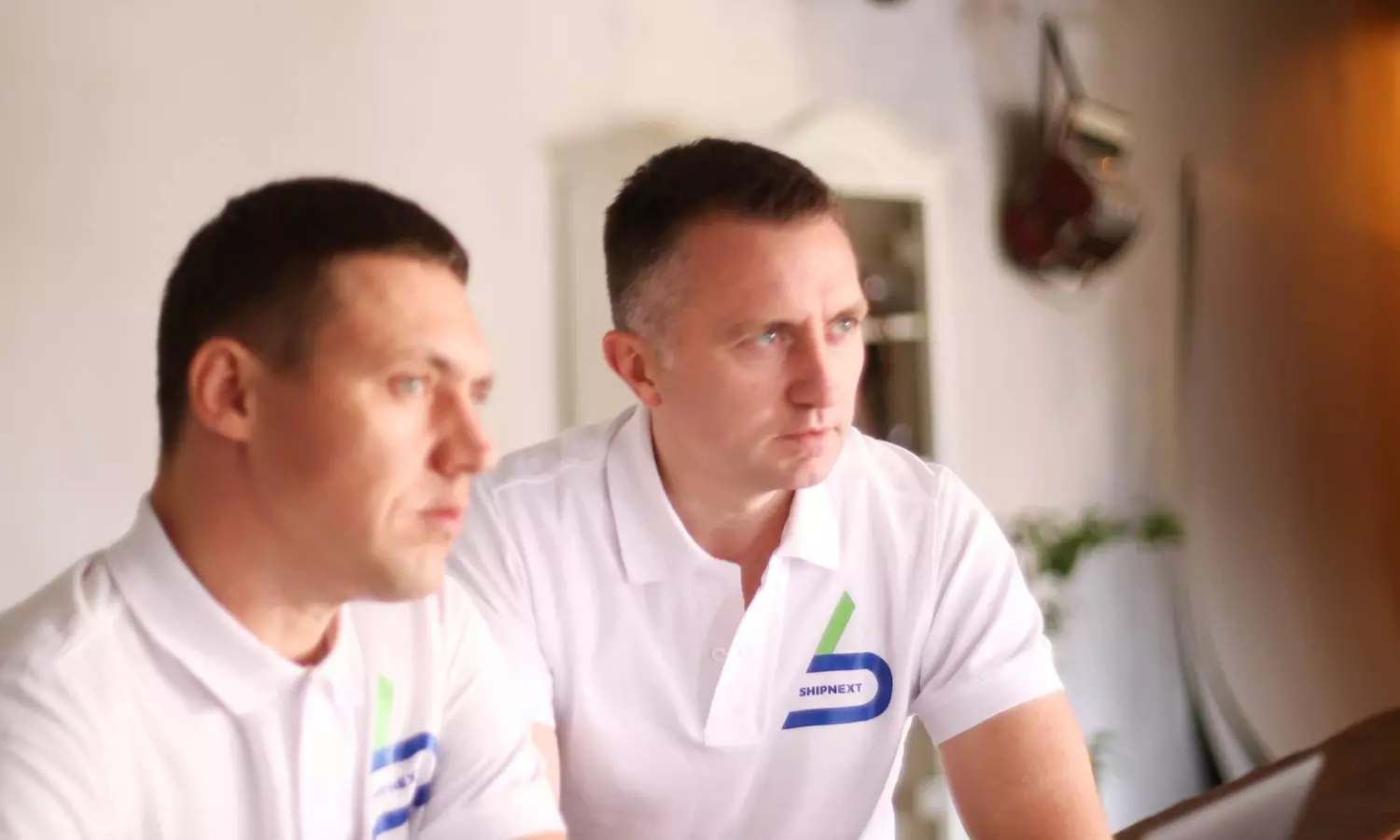Shipnext secures Belgian grant to boost AI in shipping
Shipnext will receive an initial grant of €400,000 in the coming months

From left: Sergey Semernev, CTO, Shipnext and Alexander Varvarenko, Founder and CEO, Shipnext
Shipnext, a leading online cargo platform, has secured a multi-year grant from Flanders Innovation & Entrepreneurship (VLAIO) to strengthen the adoption of predictive analytics and AI in the supply chain.
A dedicated team based at Shipnext’s headquarters in Antwerp – Europe’s second largest port – will develop a supply chain volatility forecast, helping the platform’s users to understand likely transportation costs several weeks in advance as well as anticipated demand for shipping assets, says an official release.
"A new algorithm will be created, making use of various freight matrices and a range of data sources for specialised commodity trade-related analytics. The project, initially designed for users shipping commodities such as steel, coal, chemicals and agricultural products, will utilise natural language processing, machine learning, big-data analysis and predictive analytics."
Shipnext will receive an initial grant of €400,000 in the coming months, the release added. "Over the next five years, further funding will be provided by VLAIO, which aims to stimulate entrepreneurship in the Flanders region by supporting innovative businesses with financial subsidies."
Alexander Varvarenko, Founder and CEO, Shipnext says: “Back in 2016, Shipnext saw that the shipping industry was drowning in emails – it was obvious that processing freight requests manually could not go on forever. For that reason, we embarked on a digital transition for the shipping business. First, we patented the process of extracting cargo, fleet and shipping data from emails using digital algorithms and AI-driven technology in order to facilitate instant freight-matching and automation of workflows.
“Thanks to VLAIO support, we will now be able to take our offering to the next-level – helping users accurately anticipate freight rates and demand for ships ahead of time. The culmination of our project will be a highly accurate forecast of freight market volatility, thereby leading to more sustainable supply chains, both in Europe and internationally.”


